#Верховенский
Explore tagged Tumblr posts
Text
Defying God - a parallel between Fyolai and Stavrovensky
The Demons brainrot is taking over, and you know what happens when I acquire a new interest: my brain WILL find a way to connect it to my other interests, whether I like it or not!! And this is essentially what it's about xD I've come here to present a parallel I found between Fyolai (Fyodor & Nikolai from BSD) and Stavrovensky (Verkhovensky & Stavrogin from "Demons" by Dostoevsky). Before I start I want to clarify a few things:
• I don't think these two pairings are similar, I just love picking up any crumbs of connections I can find between my interests, even if it'd count as reaching.
• This interpretation (in either character's case) is in no way "the only true way of looking at it". It's merely one interpretation out of many and I chose to focus on just a few aspects out of the many others there are to explore in these complex characters.
• Feel free to add onto or disagree with anything I say! I'm interested in your thoughts :D
WARNING: There will be spoilers for Bungou Stray Dogs and Demons.
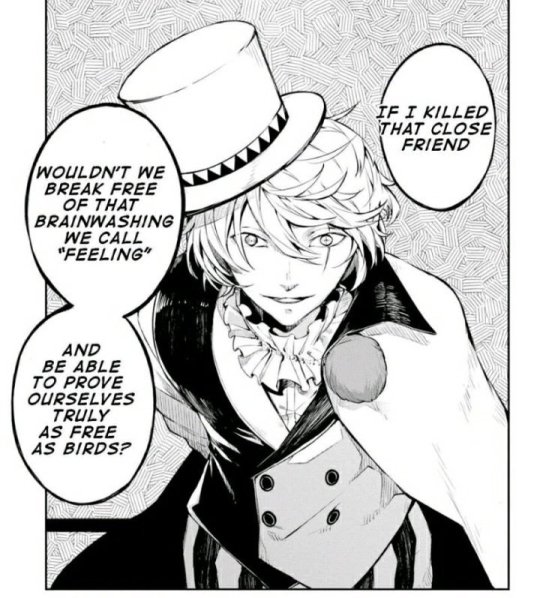
The reason Nikolai wants to kill Fyodor is because he feels affection for him. Emotions are a prison to him, and he basically seeks the opposite of what his emotions make him want to do. Thus, in the face of affection, which makes you want to be closer and wish the best for your friend, he does the opposite and decides to kill said friend, going directly against his feelings in an attempt to prove free will. But here I want to focus more on the "You want to defy God in order to lose sight of yourself" part, specifically the bit about God.
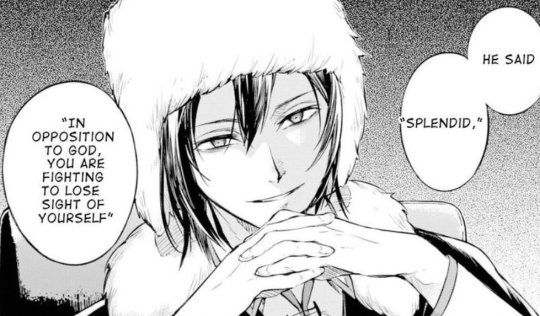
One part of my interpretation is that Nikolai associates God with control. If there is a God who controls all, how can there be a free will? He wants to go against Him and His creations (the human mind, morality, etc.) to prove that it's possible. But God is very abstract - the idea of God is influential but varies depending on cultures, etc. For this point, I'll use the example of the biblical God, or, more specifically, some attributes commonly assigned to the idea of God:
• omnipotence (all-powerful)
• omnipresence (all-present)
• omniscience (all-knowing)
What I am leading up to is the fact that these traits can, in one way or another, be applied to Fyodor. Fyodor's character represents everything Nikolai wants to defy. Nikolai hates control; he wants to fight the idea of God and prove the possibility of complete independence. Fyodor (though not in a "direct" way) could be seen as a symbol for God. He knows everything, he is always present (metaphorically and sometimes literally, the way he spawns sometimes I swear-), and he seems to control everything. Only few people actually see him, but he pulls the strings behind the scenes, and his power is felt everywhere. For Nikolai, to kill Fyodor is not just a protest against his feelings of affection, but can also be a symbolic act of defying "God", of killing "God", by killing Fyodor.
This is supposed to be very symbolic and not taken literally. I feel the need to repeat this because I personally dislike the notion of Fyodor as a literal God (and disagree with the idea of him having a God-complex), so this is merely about the God-like traits he possesses, like a "substitute" for the idea of God, and how it interacts with Nikolai's philosophy. (I've also exaggerated some points for the sake of simplification - for example, I don't actually believe Fyodor is in control of absolutely everything, etc.)
Moving onto Demons:
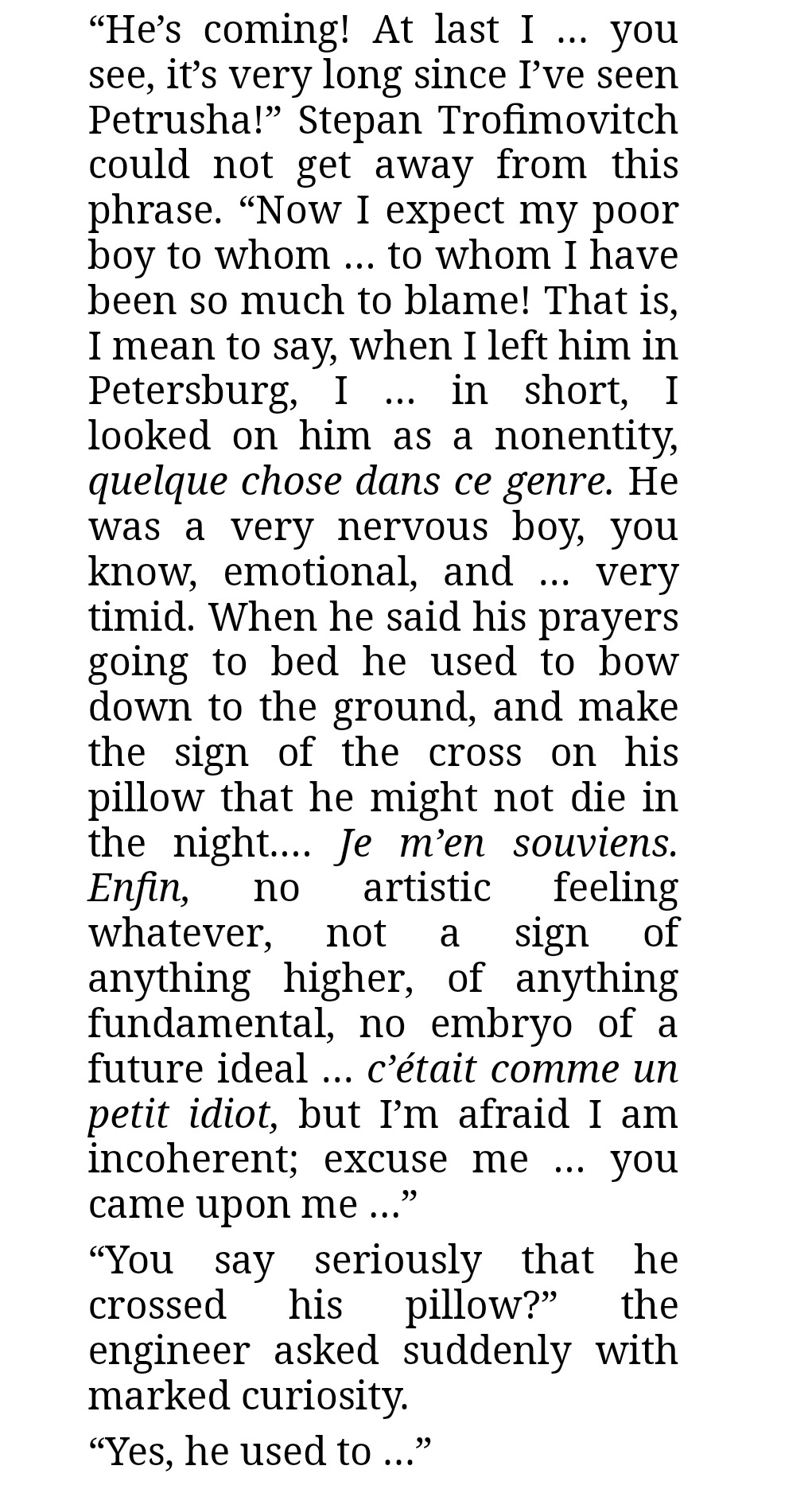
Pyotr Verkhovensky grew up religious and (assuming based on Stepan's description) with a fear of God.
Now he's an atheist and very anti-religious. He plans to overthrow society, and destroying religion + everything it preaches is part of that plan. But interestingly enough, he picks not himself as the official future "ruler", but someone else: Nikolai Stavrogin. He chooses Stavrogin to be the role of the leader in Verkhovensky's ideal society. But not exactly the "leader" in the traditional sense, because he wouldn't necessarily give Stavrogin all the power. He would simply use him as a "pawn" (for lack of a better word) while himself pulling the strings behind said society. With that, Verkhovensky puts someone else above himself, in a God-like position, but he wants to do it while still keeping full control over Stavrogin. By doing so, he would overcome his childhood fear of God because instead of being controlled by God, *he* will control God.
(Same case here, not the literal God, but the character who he assigns God-like traits to.)
I am undecided (with both Nikolai's and Verkhovensky's character) whether this could be read as a solely subconscious intention or if it would make sense as a conscious one as well. Given that both have a different "main" goal (Nikolai focuses on emotions and Verkhovensky on the revolution) I lean more towards thinking it's subconscious (if present at all - like I said, just interpretations!)
It doesn't help that Verkhovensky describes his vision of Stavrogin's leadership as "hidden": Everyone believes in him and his power, but only very few people are said to actually have laid their eyes upon him. When I first read this part, I was honestly reminded of Big Brother from Orwell's 1984, but eventually realised that similar things can be said about God as well.
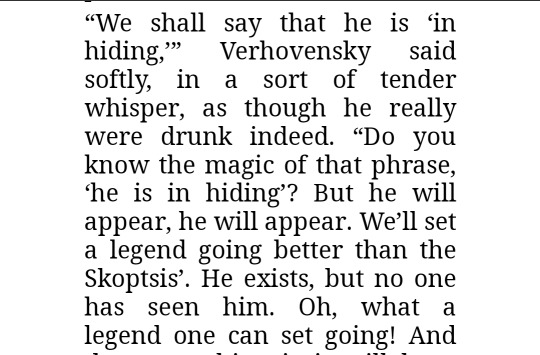
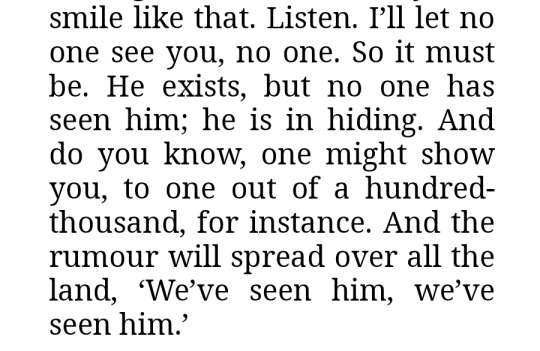

While these are parallels, they don't come without differences. Nikolai needs Fyodor dead, Verkhovensky needs Stavrogin alive. Nikolai wants to kill Fyodor for a sense of freedom, Verkhovensky wants to keep Stavrogin for a sense of control. Yet both symbolic goals are bound to fail:
Fyodor turns out to be unkillable, and Stavrogin ends up dead.
At the end, "God" stays untouchable.
#they make me so ill#I stay up nights thinking about them#fyolai#fyodor dostoevsky#nikolai gogol#bungou stray dogs#dostogol#fyogol#bungo stray dogs#bsd#demons#demons dostoevsky#verkhovensky#pyotr verkhovensky#nikolai stavrogin#Бесы#Достоевский#Верховенский#Пётр Верховенский#Николай Ставрогин#Not a ship post but this sure is fueling my enjoyment of their relationship#I need to dissect and study their dynamic under a microscope#Thank you Dostoevsky#Btw This is my first analysis post here if I'm not mistaken#I'm nervous please be nice#I will draw them now
796 notes
·
View notes
Text

старое
17 notes
·
View notes
Text
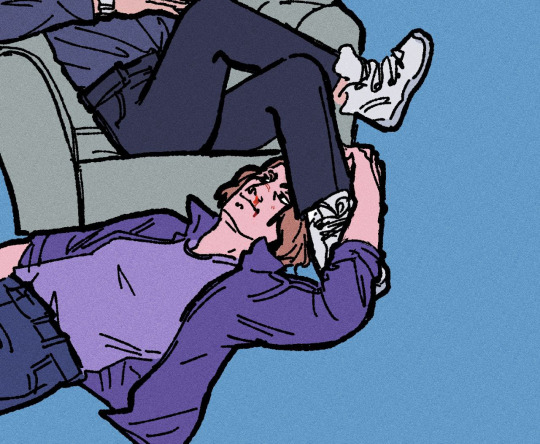
petrusha 100 per cent is enjoying himself
#pyotr verkhovensky#nikolai stavrogin#stavrovensky#stavrensky#fyodor dostoevsky the demons#fyodor dostoevsky#ruslit#ставровенский#ставренский#демоны#верховенский#ставрогин#my art
25 notes
·
View notes
Text
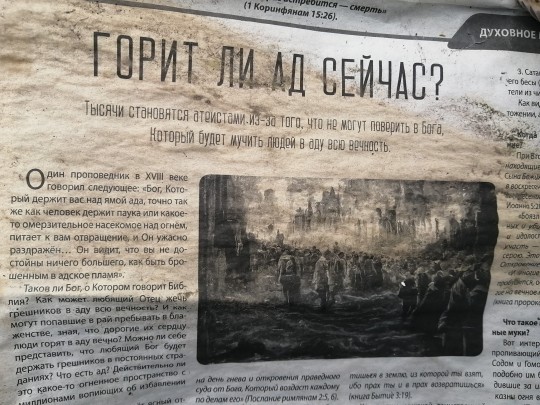
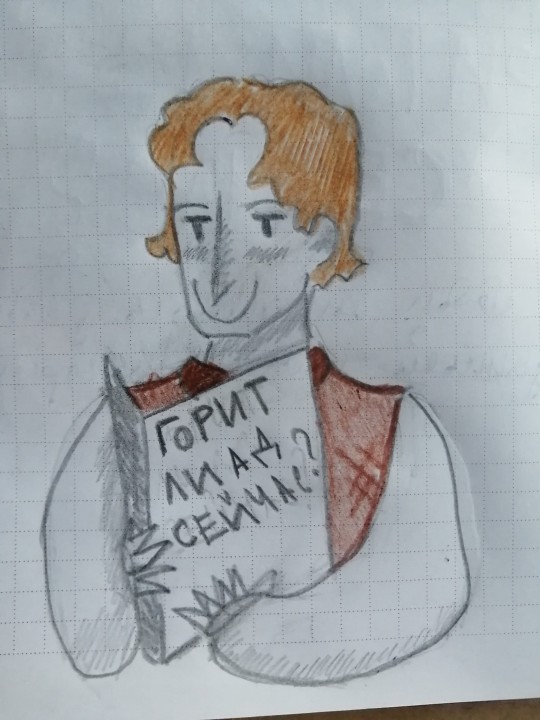
(в статье выяснилось, что на данный момент не горит, но это на данный)
30 notes
·
View notes
Text
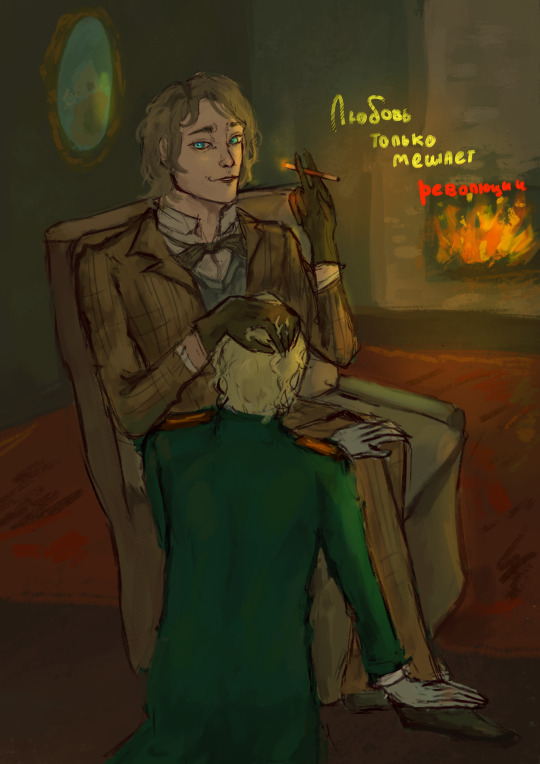
Just Verkhovensky/Erkel. Nothing more.
*sigh.* I'm so cry, when Petrusha let Erkel alone forever... My heart is broken from this part of book
#dostoevsky demons#art#fyodor dostoevsky#pyotr verkhovensky#erkel#Верховенский#петрверховенский#эркель
18 notes
·
View notes
Text
Pyotr and his Five
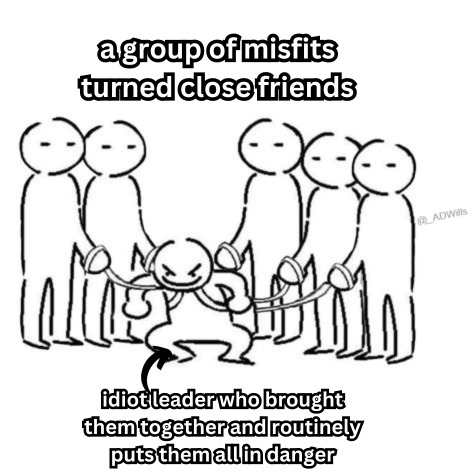
#I know they are not close friends but you get what I mean#biesyposting#verkhovensky#pyotr verkhovensky#dostoevsky demons#demons#dostoevksy#достоевский#бесы#верховенский#пётр верховенский
45K notes
·
View notes
Text

- request -
#the demons#the possessed#pyotr verkhovensky#demons dostoevsky#nikolai stavrogin#stavrovensky#петр верховенский#николай ставрогин#бесы
124 notes
·
View notes
Text

Ребёнок щаслив
69 notes
·
View notes
Text
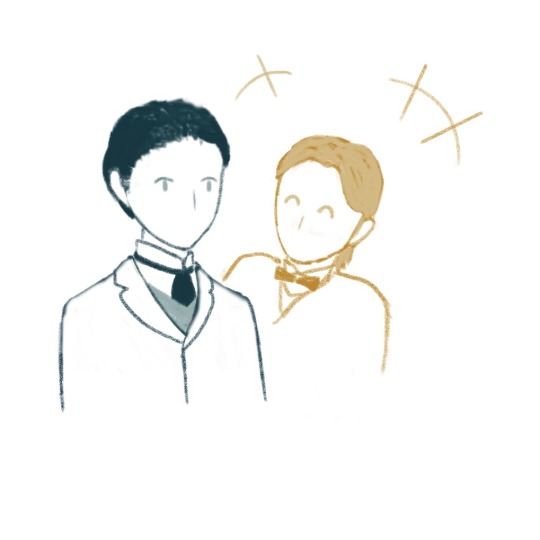

#николай ставрогин#nikolai stavrogin#пётр верховенский#pyotr verkhovensky#бесы#demons#the possessed#fyodor dostoevsky#fyodor dostoyevsky#ruslit#russian literature#fanart
29 notes
·
View notes
Text
OPie... OPie... Jaki ten art jest dobry. Jak nic gwarantuje bezproblemowe wstąpienie do piątki (gorzej z wyjściem).
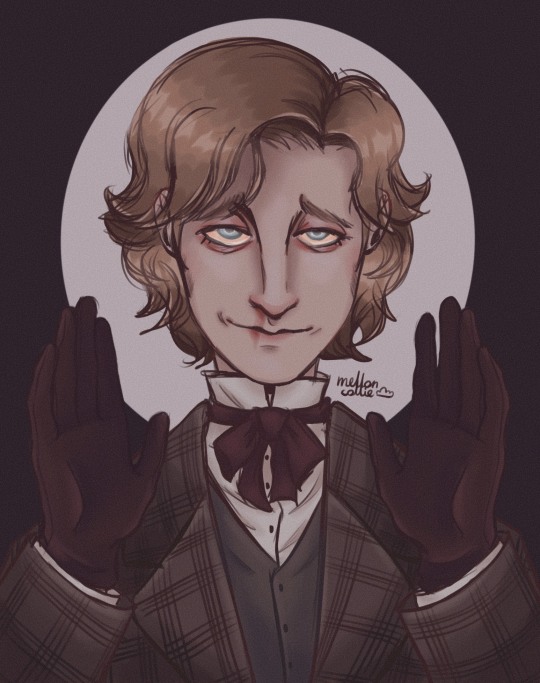
Pyotr Stepanovich Verkhovensky!! he is so odious and disgusting... and I adore him so much, hope you like it!!
197 notes
·
View notes
Text
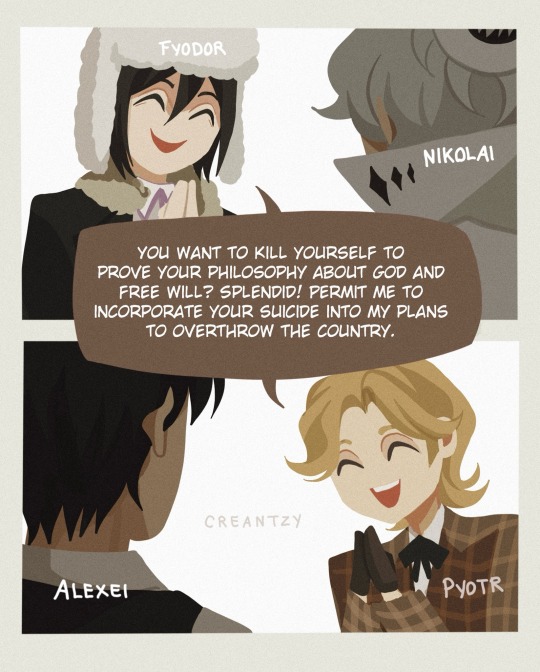
I hate them.
#pyotr stepanovich verkhovensky#pyotr verkhovensky#bungou stray dogs#bungo stray dogs#fyodor dostoevsky#fyodor dostoyevsky bsd#bsd#bsd fyodor#bsd anime#bsd nikolai gogol#nikolai gogol#fyolai#alexey kirillov#alexei nilych kirillov#verkhovensky#demons#Бесы#demons dostoevsky#dostoyevsky#Достоевский#classic lit memes#classic literature#Пётр Верховенский#петр верховенский
4K notes
·
View notes
Text
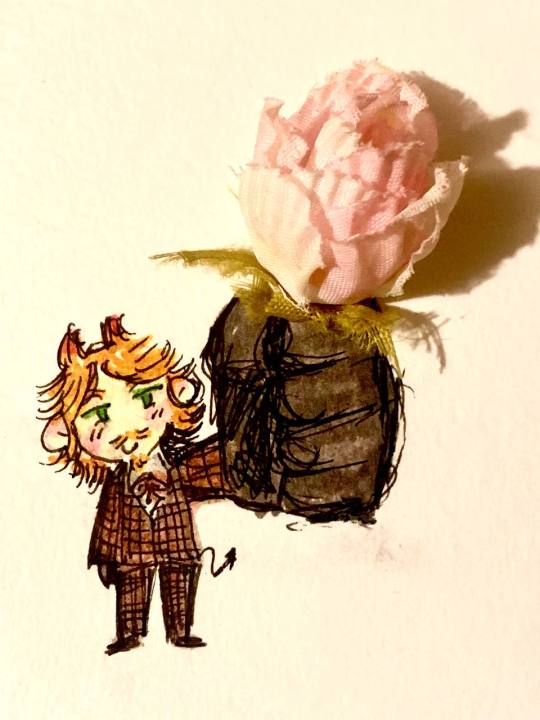

I'm obsessed with this art style "ladies, have a nice wake up and flowers in bed 💐"
68 notes
·
View notes
Text

my favourite moment of petya who had to walk in the mud
Pyotr Stepanovitch, dodging round him with obsequious alacrity, at one moment trying to walk beside his companion on the narrow brick pavement and at the next running right into the mud of the road; for Stavrogin walked in the middle of the pavement without observing that he left no room for anyone else.
#pyotr verkhovensky#nikolai stavrogin#stavrensky#stavrovensky#the possessed#fyodor dostoevsky#ruslit#the demons#бесы#николай ставрогин#петр верховенский#ставровенские#my art
122 notes
·
View notes
Text

20 notes
·
View notes
Text
Today's problematic ship is Pyotr Verkhovensky and Nikolai Stavrogin from Demons (2014)
Toxic
Power imbalance
Requested by anonymous

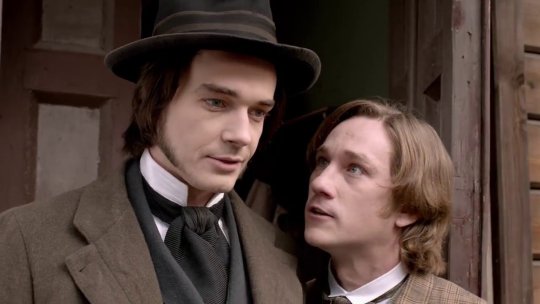


#comship#proship#proship please interact#proshippers please interact#proshipper safe#toxic#power imbalance#russian classic#русская классика#николай ставрогин#пётр верховенский#бесы 2014#nikolai stavrogin#pyotr verkhovensky
39 notes
·
View notes



